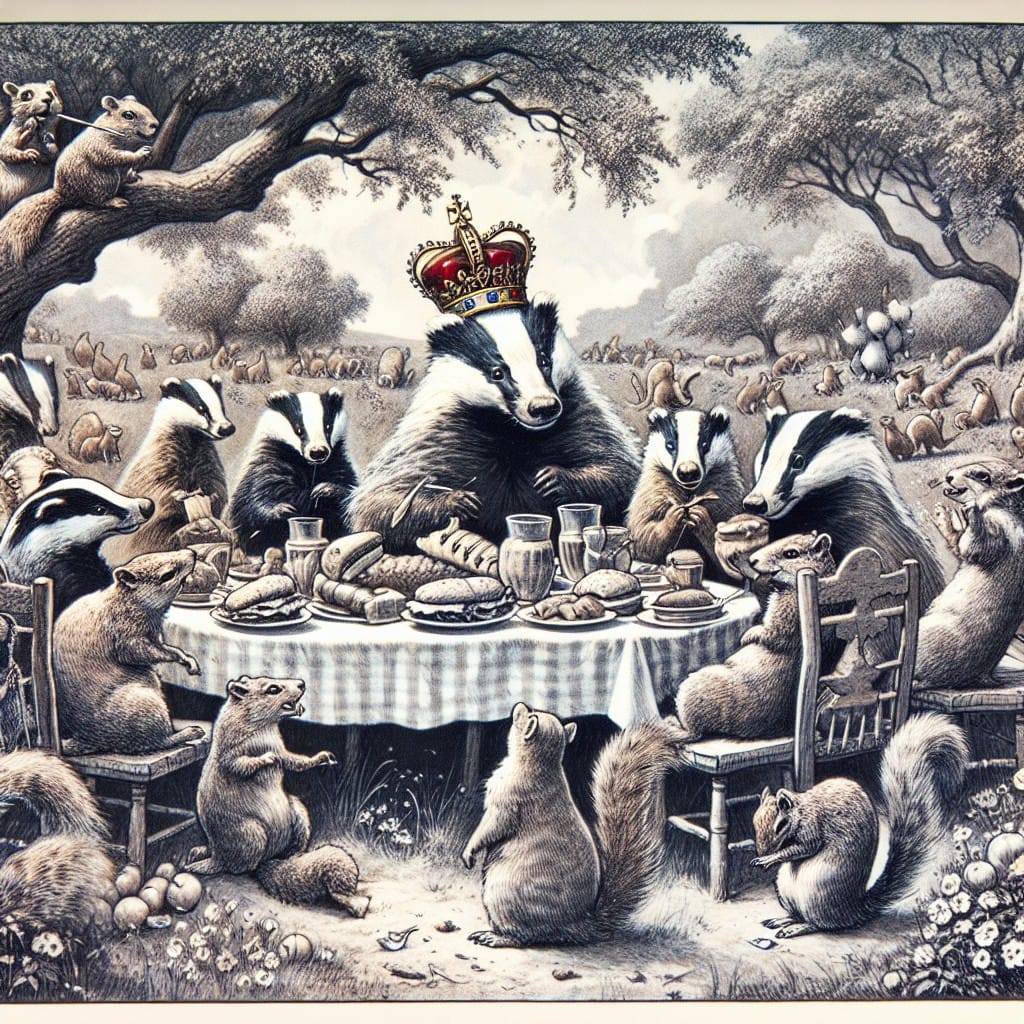The Afterput Also

Afterput:
la postmetita “ankaŭ”
the “also” which is put after [something]
[from prefix “post” (after) + the verb “meti” (to put) with its past participle “-ita” form]
Aside from the delicious conciseness of “postmetita” (after-put), there’s a nice point in this section of the PMEG (which everyone by now should know is practically my Esperanto holy book).
Usually the word “ankaŭ” (“also” / “too”) is used immediately before the term it’s related to:
sciuroj (kaj ankaŭ meloj) ĉeestis la feston
squirrels (and also badgers) attended the party
But there are circumstances where that’s not the case – where it can appear after. And that’s usually after pronouns (I, she, they, etc.).
ili ankaŭ jam faris ruzajn planojn
they too had made cunning plans
Then the PMEG goes on to say that this is worth avoiding if there’s any chance of misunderstanding. And that got me wondering: what structures could lead to misunderstanding? Especially given that this seems like such a natural structure in English.
And I think the answer is when there’s a different possible meaning if the “also” were to apply to the following word instead – which doesn’t happen so much in English, no doubt because we’d use “also” instead of “too”. Let’s use an example…
mi ankaŭ amas ŝin
I too love her
Or is that “I also love her”? Does that mean:
1. “I love her” in addition to someone else loving her? Or
2. is it that “I love her” in addition to some other emotion I feel toward her?
In other words, does “ankaŭ” modify “mi” (1) or does it modify “amas” (2) - there’s the ambiguity.
Therefore, if we mean 1, we could say “ankaŭ mi amas ŝin” to eliminate the other possible interpretation.
If you’re curious, the other common place for an afterput also is with the “ki-” words:
la melestro alvenis, kaj nun ĉiuj atendas la sciureston, kiu ankaŭ estis malfrua
The leader of the badgers arrived, and now everyone is waiting for the leader of the squirrels who too was late
Unless the “also” is related to the entire sub-phrase or a multiword phrase (rather than just the “ki-” word):
la melo estis perforta kiam li estis kolera, kaj ankaŭ kiam li estis feliĉa
The badger was violent when he was angry and also when he was happy
To me, it often seemed to come down to “kiu” having the “also” afterput, and the other “ki-” words having it beforeput, but maybe that’s just my limited imagination!